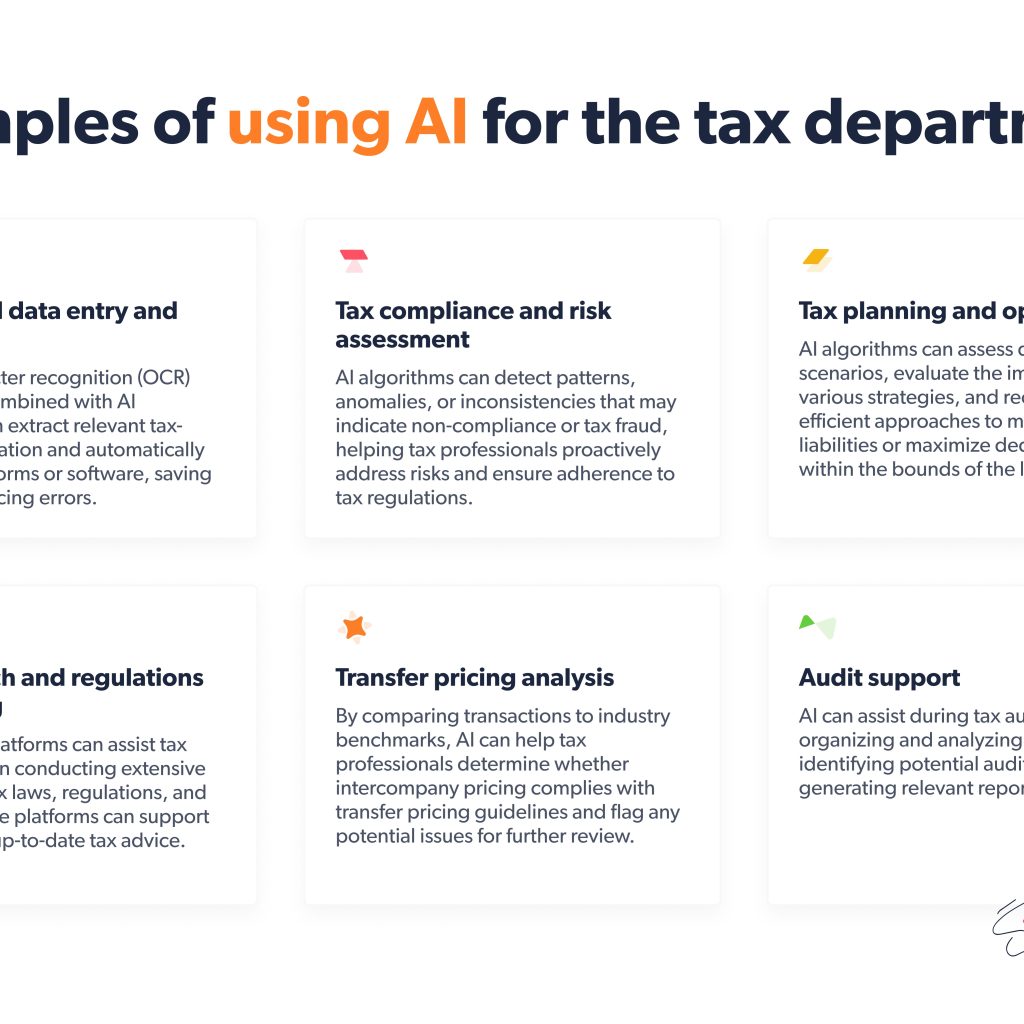In a remarkable initiative, The Christie NHS Foundation Trust in Manchester has secured a substantial £2.3 million grant from the National Institute for Health Research (NIHR). This funding will support an ambitious research project known as the RAPID-RT study. The primary goal of this groundbreaking endeavor is to facilitate the risk of heart damage in lung cancer patients undergoing radiotherapy by harnessing artificial intelligence (AI).
This study represents a significant leap forward in the quest for improved cancer care and the potential to extend the lives of countless individuals.
Revolutionizing lung cancer treatment
Lung cancer, a persistent threat, currently holds the unfortunate distinction of being the leading cause of cancer-related mortality in the UK. A staggering 48,000 individuals in the UK receive a lung cancer diagnosis each year, and a heartbreaking 35,000 succumb to this formidable disease. The five-year survival rate currently hovers at a discouraging 15%, underscoring the critical need for fresh approaches.
Introducing the RAPID-RT study
The RAPID-RT study, an unparalleled global endeavor, has evolved over seven years of dedicated effort by The Christie NHS Foundation Trust. While radiotherapy remains one of the most potent treatments for lung cancer, delivering a cure for 40% of patients, it is not without its inherent risks. Experts have long acknowledged the adverse effects of exposing the heart’s upper region to radiation during treatment, including heart attacks and irregular heart rhythms.
AI as a game-changer
The RAPID-RT team is resolute in its mission to revolutionize lung cancer treatment by minimizing cardiac harm. Unlike traditional clinical trials that often involve selective participant groups, this study employs an inclusive approach. Every patient undergoing lung cancer radiotherapy is invited to participate, with the option to abstain should they prefer. This approach guarantees a wealth of data from a diverse patient cohort, offering invaluable insights.
The RAPID-RT team has engineered a sophisticated AI tool: the “auto-contouring” software to accommodate the substantial patient volume. This remarkable innovation streamlines the planning of each patient’s radiotherapy regimen, pinpointing critical heart regions to protect. In contrast to labor-intensive manual techniques, the AI tool operates at an impressive pace, reducing the time required from hours to minutes. This specialized technology is meticulously tailored to the intricacies of lung cancer treatment.
Alan Featherstone, a 71-year-old great-grandfather from Wigan in Greater Manchester, stands among the courageous individuals participating in the RAPID-RT study. Diagnosed with primary lung cancer in both lungs earlier this year, Alan’s treatment journey has encompassed chemotherapy and a six-week course of radiotherapy. He wholeheartedly endorses his decision to partake in the study, underscoring the pivotal role of research in advancing cancer care. Alan’s sentiments echo the broader patient community’s readiness to contribute to the battle against cancer.
Expanding horizons
Heading the RAPID-RT study is Professor Corinne Faivre-Finn, a globally recognized authority in thoracic radiation oncology at The University of Manchester and an Honorary Consultant Clinical Oncologist at The Christie. She highlights the substantial advancements in lung cancer treatment witnessed over the past decade while acknowledging the imperative to mitigate treatment-related side effects for cancer survivors. Professor Faivre-Finn also hints at the far-reaching impact of this AI-driven research, which can redefine the standard of care for lung cancer patients and those grappling with cancers affecting the chest area, including lymphoma or oesophageal cancer.
In cancer care, the RAPID-RT study stands as a beacon of hope. With its state-of-the-art AI technology and all-encompassing approach, it seeks to revolutionize the landscape of lung cancer treatment. As the study advances, it offers a lifeline to current lung cancer patients and paves the way for enhanced care for cancer survivors and potential applications in a broader range of chest-related cancers.
Given the devastating impact of lung cancer on the UK population, this pioneering research is a testament to the tireless pursuit of innovation in the fight against cancer.





